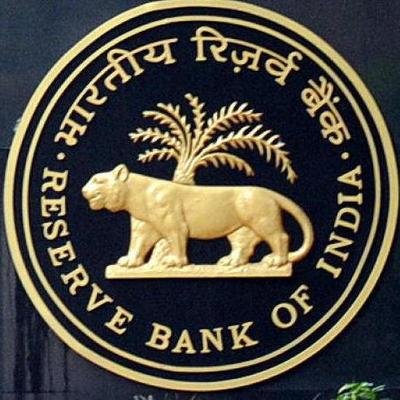
RBI released Final guidelines for fintech SRO
The final guidelines for establishing a self-regulatory organisation (SRO) for the fintech industry were announced by the Reserve Bank of India on Thursday.
In January of this year, the central bank announced draft guidelines, to which industry participants then submitted their responses.
The SRO aims to represent a wide spectrum of fintech participants, excluding banks, including peer-to-peer lending services and account aggregators. While its primary focus is on unregulated fintech entities, regulated firms are also eligible for membership. The regulator aims for the SRO to gain legitimacy and credibility in formulating standards and enforcing them effectively.
The RBI allows for the possibility of multiple SROs within fintech but mandates that every fintech entity must be affiliated with at least one SRO. Failure to garner sufficient membership may lead to derecognition by the regulator. This move addresses the challenge of unifying diverse participants within the fintech ecosystem under one umbrella organisation. The guidelines outline six key mandates for the SRO, including sector representation, data management, adherence to developmental principles, dispute resolution, promotion of regulatory compliance, and ensuring independence.
The regulator expects the SRO to establish robust systems to address instances of user harm, such as fraud and mis-selling, while also monitoring business practices and exceptions within the fintech sector. Industry bodies, including the Payments Council of India (PCI) and the Digital Lenders’ Association of India, have expressed their intent to apply for SRO licenses, highlighting the importance of self-governance in fostering industry-wide standards and best practices.




